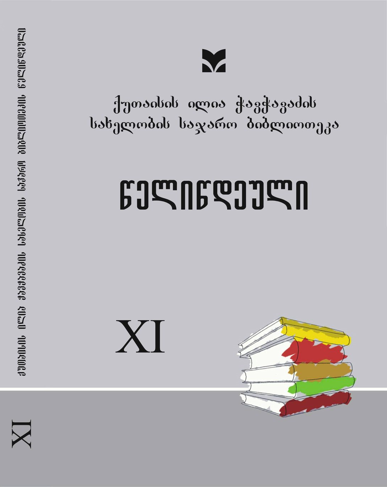The Religious situation at the beginning of the XX Century in Tskhinvali Region
DOI:
https://doi.org/10.48614/yk.11.2019.107-124Keywords:
Tskhinvali, Ethnic Conflict, Separatism, Occupation, Territorial Integrity, Soviet Russia, Bolshevism, Religion, CultureAbstract
Apart from the native language and cultural traditions, religious viewpoints of the Ossetians were highly valued, it can be proved by the notes both Georgian and Russian sources of the XIX century.
XIX century Russian sources point out the pagan origin of the majority of Ossetians. During the sacrifice rituals, they killed goats and hung their skins on tall trees. Christian Ossetians kept strict fasts and held sacrifice rituals on ‘holy Sundays’. Islam spread mostly among Digorel Ossetians. Christianity was introduced to the Ossetians first from Byzantium in the VI-VII centuries, and then from Georgia. Although Christianity was not firmly established and the inhabitants of the mountainous regions were pagans in the late Middle Ages.
The topic of religion was of utmost importance. If the Georgian language was popular among the settled Ossetians on the Georgian territory, it was not popular among the Ossetians that came down from the mountains of the North Caucasus, not to say anything about the spread of Christianity. To settle the problems and spread political influence on the North Caucasians at the same time, Tsar’s Russia used strategies such as a military and a migration policy. Georgian clergy were actively involved in the missionary campaign to convert a non Christian population, living in the Caucasus, into Orthodox religion.
The Ossetians always could care and expand their cultural traditions, get a good education, and create their worthy contemporary history during the period of living in Georgia. Georgian state always provided Ossetians with fertile soil to improve literary and cultural relations among them, set new ways for their development and move onto the next stage, and so on.
After the establishment of the Soviet government in Georgia, church life had to face a difficult situation. Beginning from the XIX century malicious policy of conducting the service in the church in Russian, the abolition of autocephaly, and announcing Georgia as a Russian province by Royal Russia was successfully continued by Bolshevik Russia. From the first days of the Sovietization of Georgia, the purposeful fight against the Georgian Orthodox church began.
At the end of the 20s, with the view to intensify the anti-religion campaign, the establishment of atheist alliances began. Significant obstructing factors of the Georgian religion were national traditions that opposed the dangerous prototype of a unified Soviet person.




